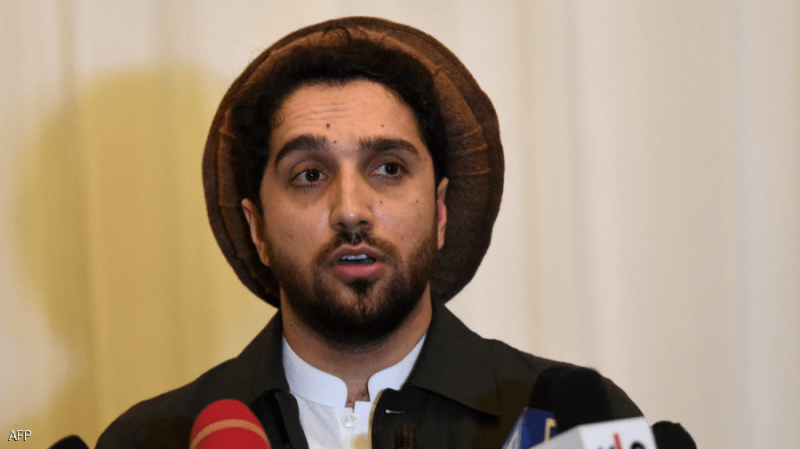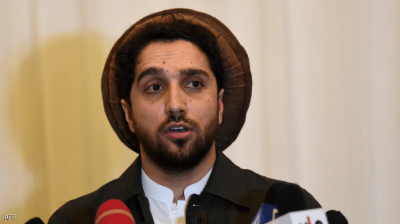Ahmad Massoud, the leader of the Afghan Resistance Front based in Panjshir province, announced a condition for laying down his arms and withdrawing from politics in Afghanistan, coinciding with the Taliban's control over Kabul Airport following the U.S. withdrawal and the end of a 20-year war. Massoud stated to Foreign Policy magazine: "If the Taliban intends to share power with everyone, establish justice, and grant equality and freedom to all in Afghanistan, then I will retreat and withdraw from politics."
The leader of the anti-Taliban forces asserted that an acceptable settlement with the Taliban can only be achieved if the movement forms an inclusive and decentralized government in Afghanistan, describing all other options as unacceptable to the representatives of the resistance; otherwise, the confrontation with the Taliban will continue.
Massoud also indicated that he does not receive any financial support from abroad, claiming instead that many countries in the region stand with the Taliban. He added: "The government of President Ashraf Ghani forced many countries in the region to align with the Taliban, from their ethnic and nationalist rhetoric to their water policy, all of which stirred hostility from our neighbors."
He noted that another reason for their proximity to the Taliban is the American presence, as they can also harm the United States and NATO by supporting militants.
Earlier, Massoud called on the United States and Afghans abroad to support "resistance committees" against the Taliban, to which former Vice President Amrullah Saleh joined. Several Afghan political and military voices have also called for a return to the province and a repetition of the so-called "Panjshir epic" in the face of Soviet occupation. Following the fall of Kabul to the Taliban, Ahmad Massoud emerged as a key figure in the Afghan events.
Military Study
Ahmad Massoud studied in Tajikistan and then traveled to Iran for further studies, graduating from the Royal Military Academy Sandhurst in the UK, according to an Afghan activist.
His military education was complemented by a master's degree in War Studies from King's College in the UK. This extensive study laid a solid foundation for Massoud in military work, but he did not stop there; he ventured into politics, as activist Rohullah Omar noted, establishing a political party and not relying on his family's political association. He has repeatedly emphasized having a political vision for extricating his country from its crises, such as advocating for federal governance and decentralization of power.




